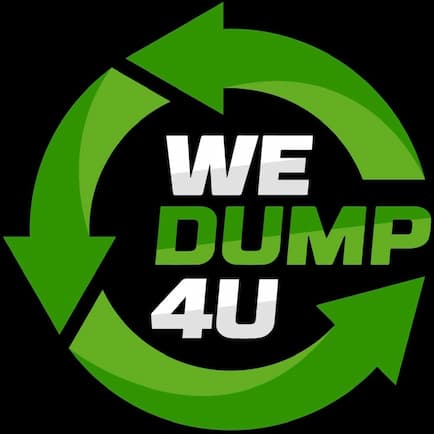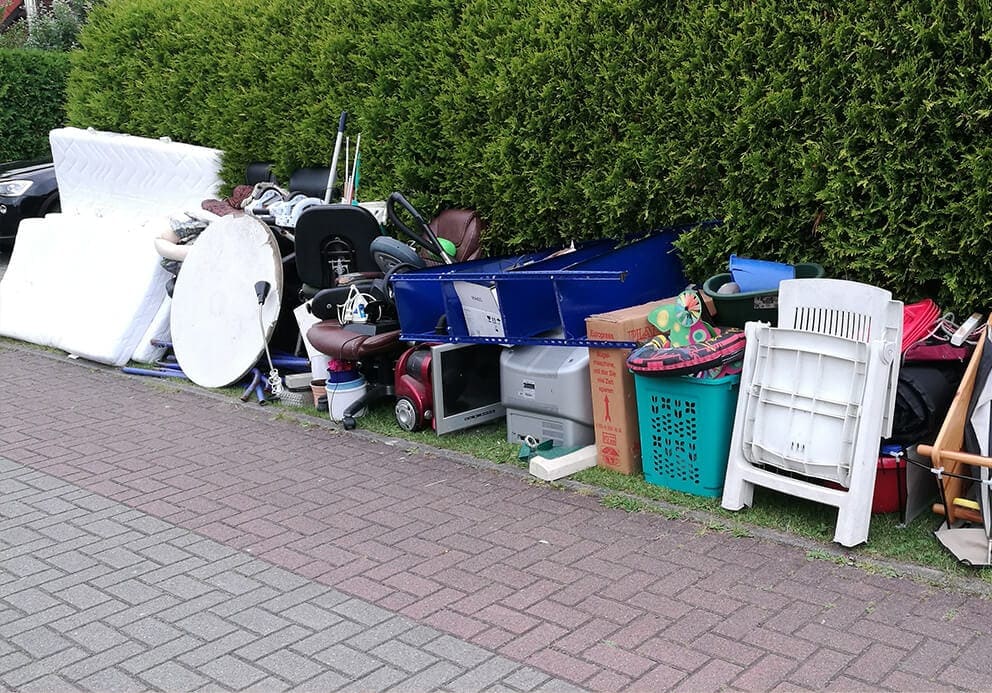As the UK continues to push for a greener, more sustainable future, recycling has become a household priority. While most of us are familiar with recycling paper, plastic bottles, and aluminium cans, there’s a surprising list of everyday objects that many people don’t realise are recyclable. In this article, we’ll highlight 10 items that can be recycled—some of which may be hiding in plain sight in your home.
This guide is designed to be both educational and actionable, showing you how recycling beyond the basics can significantly reduce your carbon footprint and support the UK’s environmental targets.
1. Batteries
Old batteries are a common item that too often ends up in household bins, eventually contaminating landfills with harmful chemicals. However, batteries are one of the most important items that can be recycled due to their hazardous material content.
Most supermarkets and electronics shops in the UK, such as Tesco and Currys, offer free in-store battery recycling points. This includes AA, AAA, button cells, and even rechargeable batteries.
2. Toothbrushes and Toothpaste Tubes
Many people are surprised to learn that some oral care products are recyclable. Through initiatives like the Terracycle Oral Care Recycling Programme, you can recycle toothbrushes, toothpaste tubes, and dental floss containers.
These items require specialist processing, so check with your local recycling centre or high street collection points.
3. CDs, DVDs, and Cases
Although digital streaming has replaced physical media for many, countless households still store old CDs and DVDs. These are often made from polycarbonate plastic and can be recycled into new products.
Specialist recyclers in the UK accept CDs and DVDs as recyclable items, especially when donated in bulk. Consider donating playable ones to charity shops before recycling.
4. Spectacles and Sunglasses
Many opticians across the UK collect used spectacles and sunglasses for redistribution or recycling. For instance, Vision Aid Overseas partners with opticians to collect and repurpose glasses for people in developing countries.
This is a meaningful way to keep items that can be recycled from ending up in landfills while also supporting global health initiatives.
5. Clothing and Textiles
Most people donate clothes, but few realise worn-out textiles (like torn T-shirts or old curtains) can still be recycled—even if they’re no longer wearable.
Many councils and textile banks in the UK accept old fabrics, converting them into insulation materials or industrial rags. When in doubt, look for recycling symbols on textile banks near supermarkets or recycling centres.
6. Mobile Phones and Tablets
Electronic waste (e-waste) is a growing issue, and mobile phones and tablets are crucial items that can be recycled to recover rare earth metals and prevent toxic components from polluting the environment.
UK retailers like Carphone Warehouse and Argos offer tech take-back schemes. Alternatively, charities often collect working devices for reuse.
7. Corks (Natural and Synthetic)
Whether you’re celebrating or cooking, wine and champagne corks are common household waste. Many people don’t realise that natural corks are compostable and recyclable.
In the UK, recycling programmes such as Recorked UK accept cork donations and recycle or repurpose them for crafts, flooring, and even insulation.
8. Light Bulbs (CFL and LED)
Fluorescent and energy-saving light bulbs contain materials like mercury, glass, and metal, which can be recycled. However, they should never go in your household bin.
Recycling centres and some larger retailers like IKEA accept old light bulbs for safe recycling. Make sure to separate light bulbs as items that can be recycled through specialist collection points.
9. Mattresses
Bulky waste like mattresses often ends up in landfill because people assume they can’t be recycled. However, many local authorities and private waste removal services offer mattress recycling.
Components such as foam, metal springs, and fabric can be separated and reused, making mattresses one of the more surprising recyclable items around the home.
10. Ink Cartridges
Used ink and toner cartridges are often overlooked, yet they are easily recyclable. Many printer brands—including HP, Canon, and Epson—offer mail-back or drop-off recycling schemes.
In the UK, you can also recycle ink cartridges at major office supply stores and even some post offices. As one of the more common items that can be recycled, don’t toss them in the bin.
Why It’s Important to Think Beyond the Basics
Recycling has evolved. Today, it’s about more than just bottles and boxes. By learning about the items that can be recycled beyond the obvious, UK residents can:
- Reduce waste sent to landfill
- Conserve natural resources
- Support a circular economy
- Minimise carbon emissions
Additionally, recycling unusual household items often supports charities, schools, and international aid organisations, turning your eco-conscious actions into a wider positive impact.
How to Recycle These Items Responsibly in the UK
To ensure these recyclable items don’t end up in general waste:
- Use Council Recycling Facilities: Most UK councils have waste and recycling centres that accept specialist items. Check your local authority’s website for a list of accepted materials.
- Participate in Take-Back Schemes: Many retailers now offer in-store recycling or return schemes. Examples include Boots (cosmetic packaging), John Lewis (electronics), and Currys (small appliances).
- Join Specialist Recycling Programmes: Organisations like Terracycle offer free recycling programmes for hard-to-recycle items. Many schools and community groups act as collection points.
- Work With a Professional Waste Removal Service: For bulkier or mixed items, professional services can help separate and direct waste to appropriate recycling channels.
Small Actions Make a Big Difference
Recycling is one of the easiest and most impactful ways individuals can contribute to environmental sustainability. By recognising the full spectrum of items that can be recycled, you’re doing more than just clearing out clutter—you’re supporting a healthier planet.
The UK has a robust infrastructure to help you recycle almost everything in your home responsibly. All it takes is awareness, a bit of planning, and the willingness to look beyond the obvious.
So next time you’re decluttering, ask yourself: Could this be recycled? Chances are, the answer is yes.


